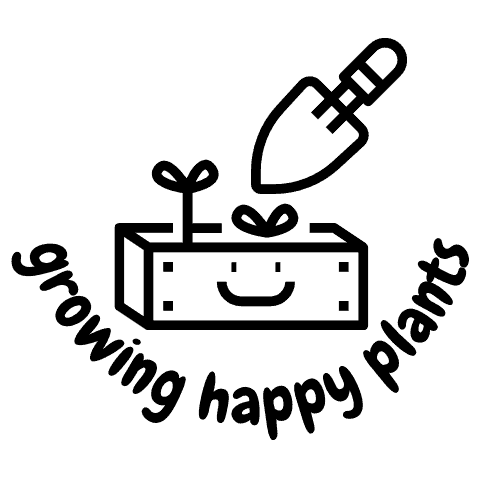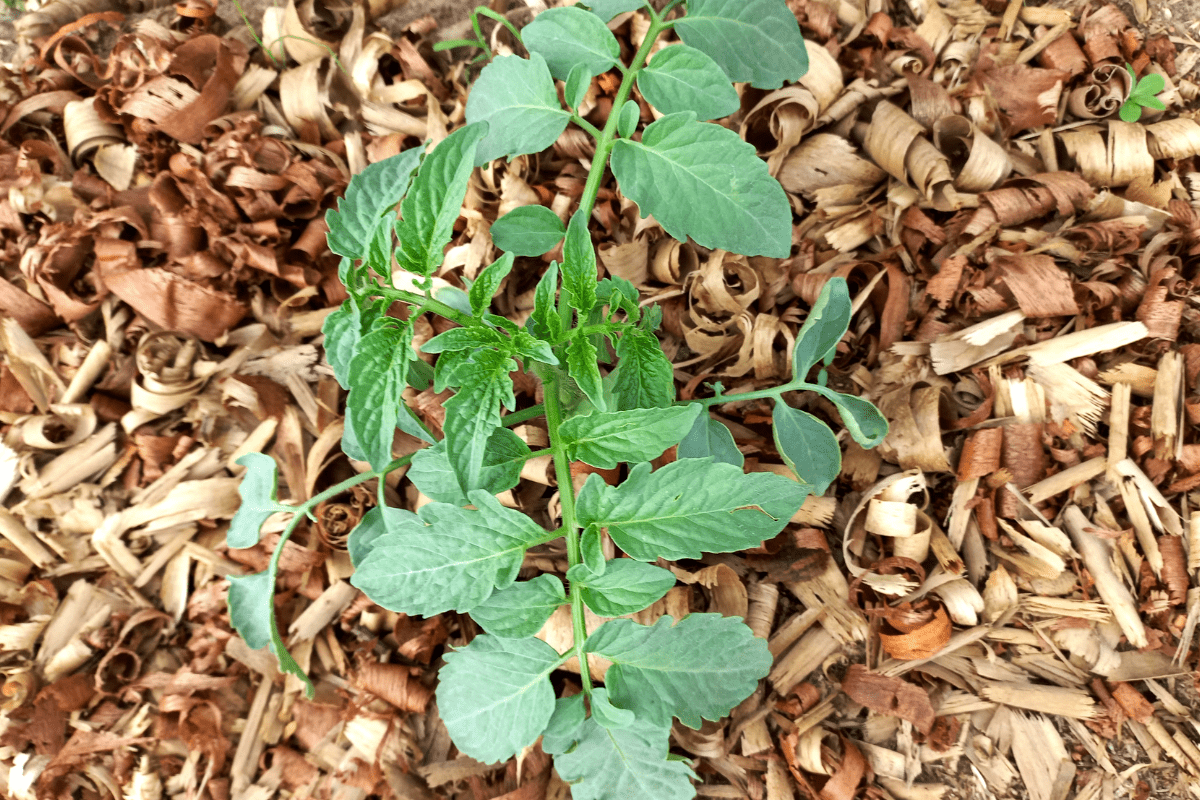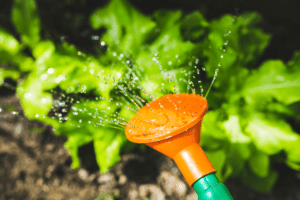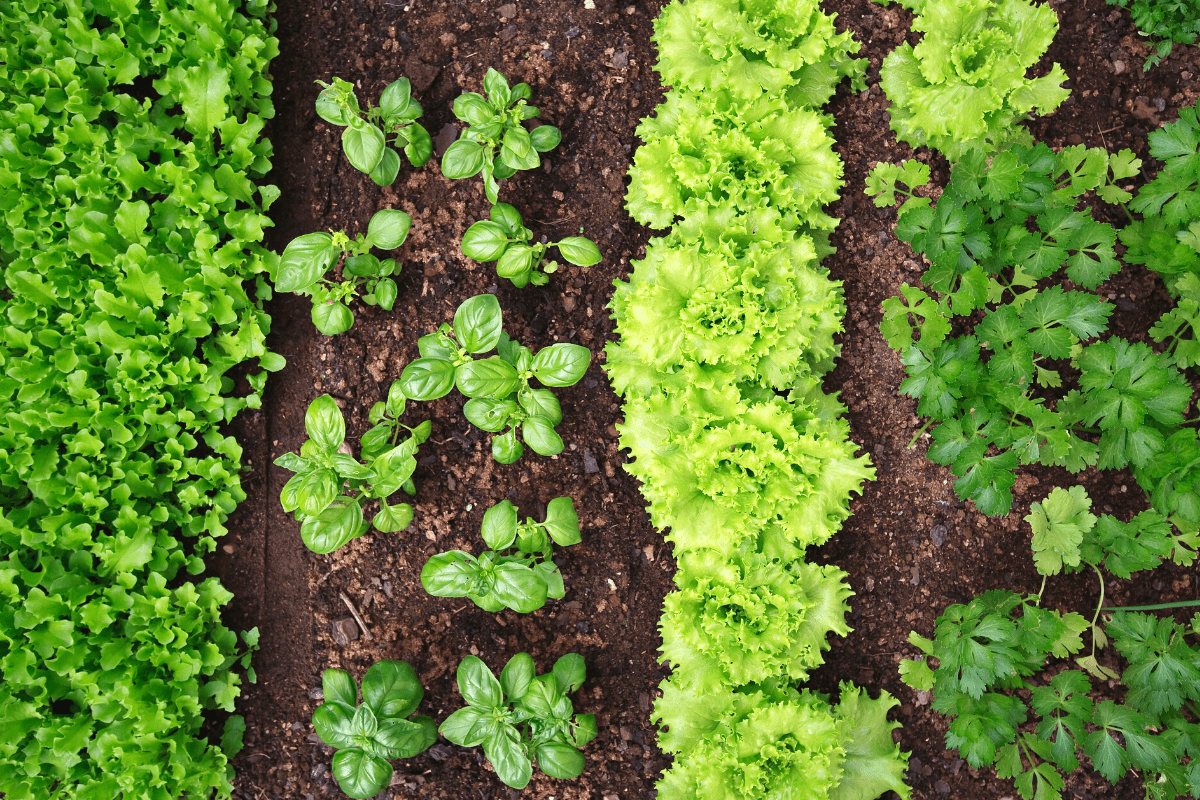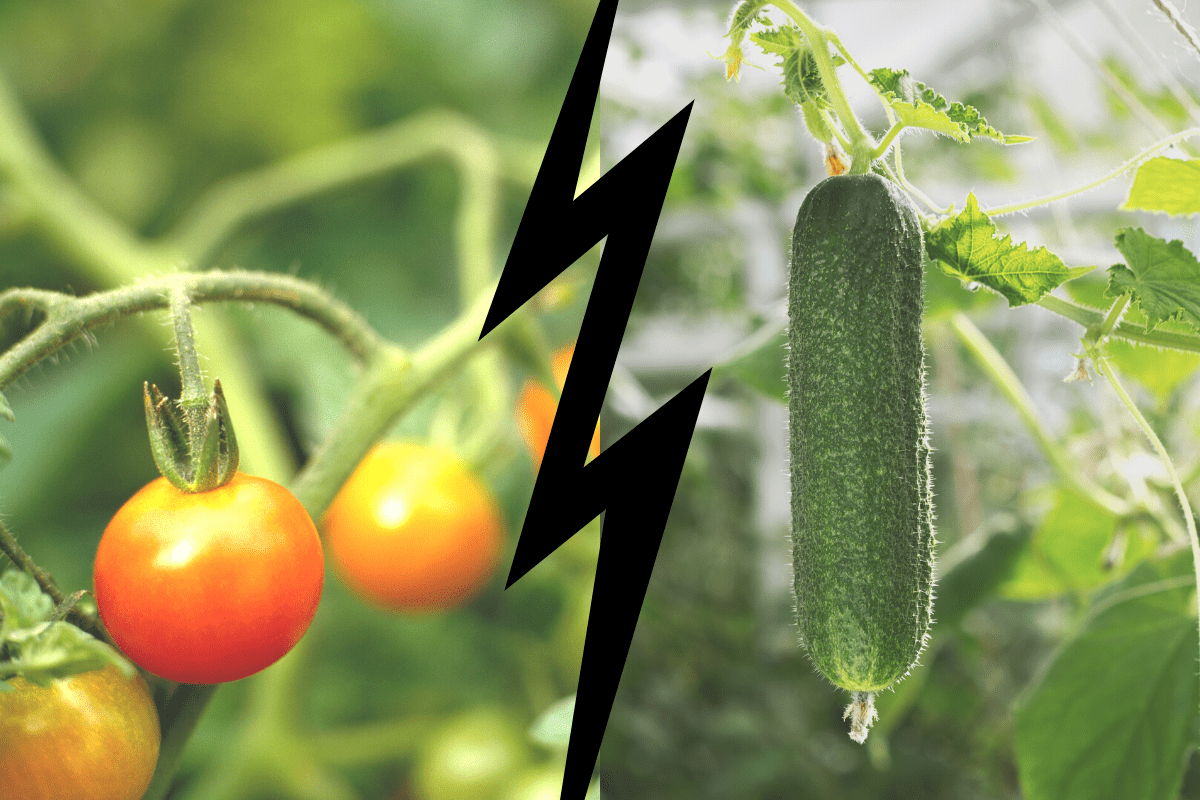We’ve all been there: It’s that time of the year again to dig up your vegetable garden and get ready to plant the seeds. However, looking over the garden beds, all you see are weeds.
Or, maybe you’ve already planted and started growing your veggies, but now the weeds seem to grow uncontrollably and are taking over the space in your garden.
Now what? How do I get rid of weeds in my vegetable garden?
Besides pulling the weeds out by hand or hoe, other methods to clear a vegetable garden full of weeds include mulching, using a weed torch, and applying organic or chemical herbicides. Some of these methods require more time and effort than others. However, all are aiming to get rid of the weeds.
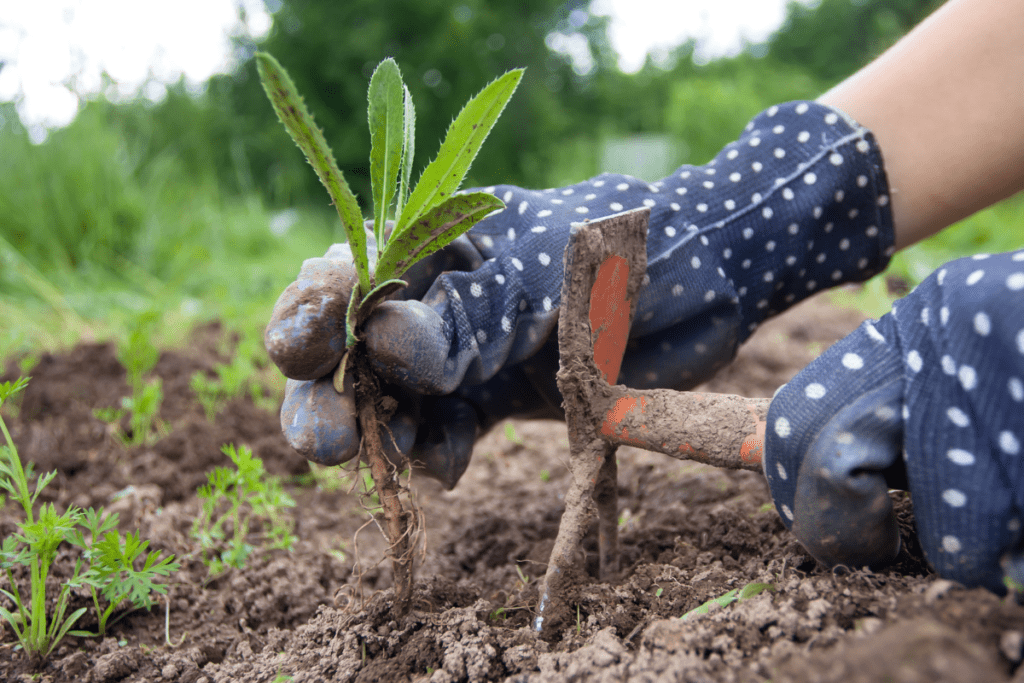
How to clear a vegetable garden full of weeds?
1. Pulling weeds out by hand
The most obvious way to clear a vegetable garden full of weeds is by pulling them out. Opposed to what some people will tell you, pulling weeds is no waste of time when done right. If you know how to dig out weeds correctly, it is an effective way of clearing your garden beds.
Make sure to grab the plants at the lower end of the stalk and gently pull them to remove the entire weed plant from the soil. If you just pull from on top, you might break the plant, and the roots will stay in the ground and germinate soon again.
If you mainly deal with small, surface-level weed plants, you can also use a hoe instead of pulling the weeds by hand. Just be aware of getting the stems and roots out altogether.
A fantastic tool to make manual weeding super comfortable is the Fiskars Stand-Up Weeder. It is made of stainless steel and has claws coming out of the base. If you position them over the weed, step on the footpad to press them down into the soil, then bend the handle back. The weed will be pulled up and pop out. It’s incredible how well it works.
If all of that still seems like too much work for you, consider if a vegetable garden is really worth it for you.
2. Mulching the garden beds to block out the sunlight
One of the easiest ways to get rid of weeds is mulching the garden beds with black plastic to block out the sunlight. The weeds will die underneath, eventually break down, and put precious nutrients back into the soil. You can find black polythene film available at gardening centers.
If you don’t like the look of the black plastic in your garden, simply add another layer of organic mulch on top, such as wood chips.
You could also use organic mulch instead of plastic. However, there will still be some sunlight going through the small gaps and giving weeds a chance to survive. Therefore, organic mulch isn’t as effective as black plastic if you are trying to clear a vegetable garden full of weeds completely.
On the flip side, organic mulch has other benefits to the soil. Check out the best mulches for a vegetable garden here.
3. Using a weed torch to burn the plants
To clear an overgrown garden fast, you could use a weed torch. The flame’s heat causes the plant’s cells to burst and destroys their stem. That way, the plant can no longer ingest water and nutrients and will die. However, beware that this method won’t kill the roots of perennial weeds.
Using a weed torch to clear a vegetable garden full of weeds works best when you’re dealing with early annual weeds from 1-4 inches. When the plants are still that small, flaming is nearly 100% effective at eradicating the weeds.
If you already have your vegetables growing in your garden, be careful when applying the flame. Make sure not to get too close to any vegetable plants and potential fruits. They could get harmed in the process.
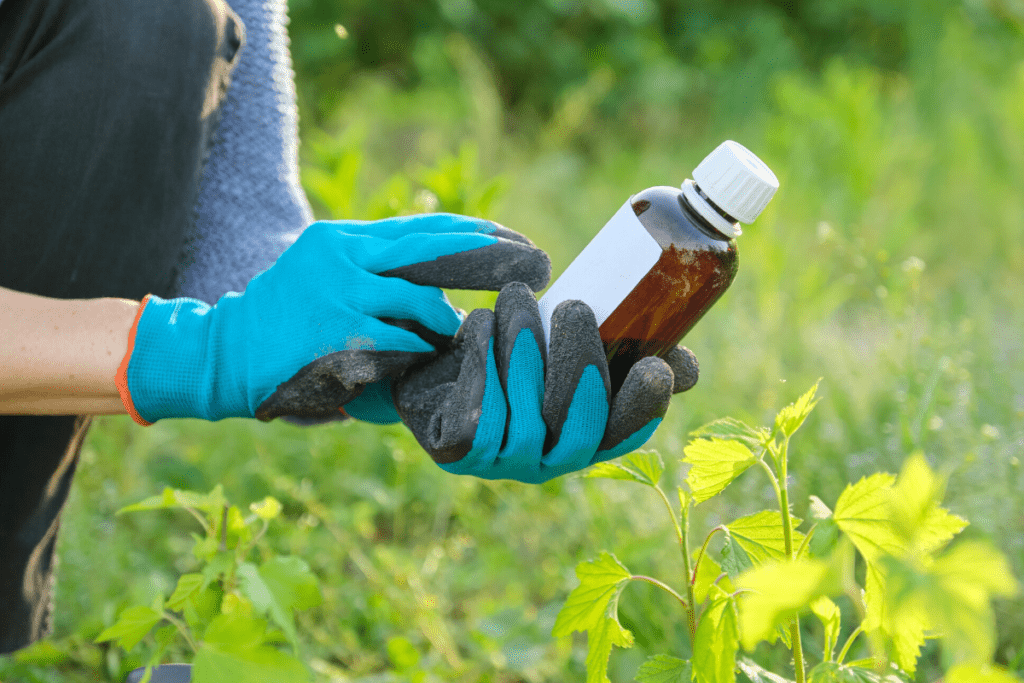
4. Applying organic herbicides to kill the weeds
Another way to get rid of weeds in your vegetable garden naturally is through organic herbicides. They break down quickly and are low on their toxin. That is great for your soil and the environment since there won’t be any lasting effects remaining.
If you are mainly dealing with annual weeds, pre-emergent herbicides are an effective way of addressing the problem. Pre-emergent weed killer is made from corn gluten meal. You simply sprinkle the granular product over the soil surface, and it will form a layer that prevents seeds from germination.
However, be careful not to use it where you want your vegetables to grow since it can’t recognize the difference between a weed and desired seeds. Great brands are Concern Weed Prevention and Espoma Organic Weed Preventer.
If the weeds have already grown and you need something that also works for perennial weeds, commercial organic herbicide sprays are a great option. The main ingredients of most organic herbicides are a combination of acetic acid, citric acid, clove oil, and citrus oil.
Usually, organic herbicide sprays get rid of established annual weeds very quickly. However, if you have perennial weeds, you might need to repeat the application a couple of times. Brand names are Avenger and Burn Out.
There are also many homemade organic herbicide recipes out there. However, they usually involve salt, vinegar, Epsom salts, soap, or other household items. While such mixtures can really help fight weeds, sadly, they contaminate your soil. Over time, they may do more damage than good to your vegetable garden.
For example, salt is toxic to soil organisms and above a particular concentration, even preventing other soil mineral nutrients from being available to the plants. Once in the soil, it stays there, and you could end up with a severe problem.
5. Applying chemical herbicides to kill the weeds
If all else fails, you might consider using chemical herbicides to clear your garden full of weeds. Chemical herbicides can help you get rid of weeds fast and spare you the effort of manually removing them.
However, chemical weed killers could impactfully disrupt the ecosystem in your garden. They bear the risk of harming beneficial flora and fauna, could cause stunted plant growth for your vegetables, and worst case, could even contaminate them.
Personally, I wouldn’t use chemical herbicides in my vegetable garden because they affect the whole ecosystem.
Conclusion
When your vegetable garden is full of weeds, and you wonder what to do, pulling weeds, mulching, using a weed torch, or applying organic herbicides are all great solutions to the problem. Depending on your gardening situation and personal preference, you may choose one method over the other.
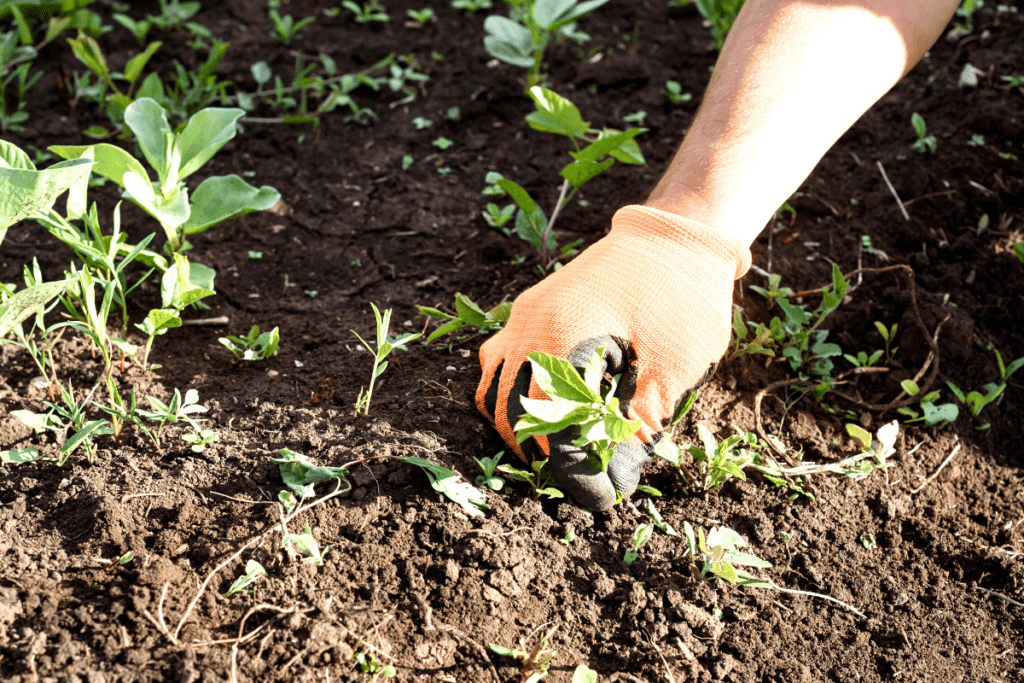
Here is a complete guide on growing vegetables at home in case you are starting over this season and need a refresher 😉
Related questions
Does turning over soil kill weeds?
If you turn over the soil, it won’t necessarily kill all the weeds. The crown and roots of many perennial weeds may sprout again and regrow after tilling the soil. Therefore, you should try to remove as much of the weed plant as possible before turning over the earth when trying to get rid of weeds.
How do you clear a large area of weeds?
The best way to clear a large area of weeds may be the application of black plastic mulch. It does require initial work to set it up, but it is a pretty passive method to get rid of the weeds. The breakdown of the dead plants eventually even adds precious nutrients back into the soil.
What kills weeds but not vegetable plants?
The only products that kill weeds but not vegetable plants are selective herbicides. They kill certain plants and don’t harm others while being applied broadly. When choosing the herbicide, make sure to read the label carefully and confirm that it is safe to use around your vegetable plants.
